Climate change news, features and articles
Latest about Climate change

Why is this giant desert turning green? Scientists may finally know the answer.
By Olivia Ferrari published
Many deserts face worsening droughts, but India's Thar Desert has become 38% greener in the past 20 years due to increased rainfall and expanding agriculture in the region, according to a new study.
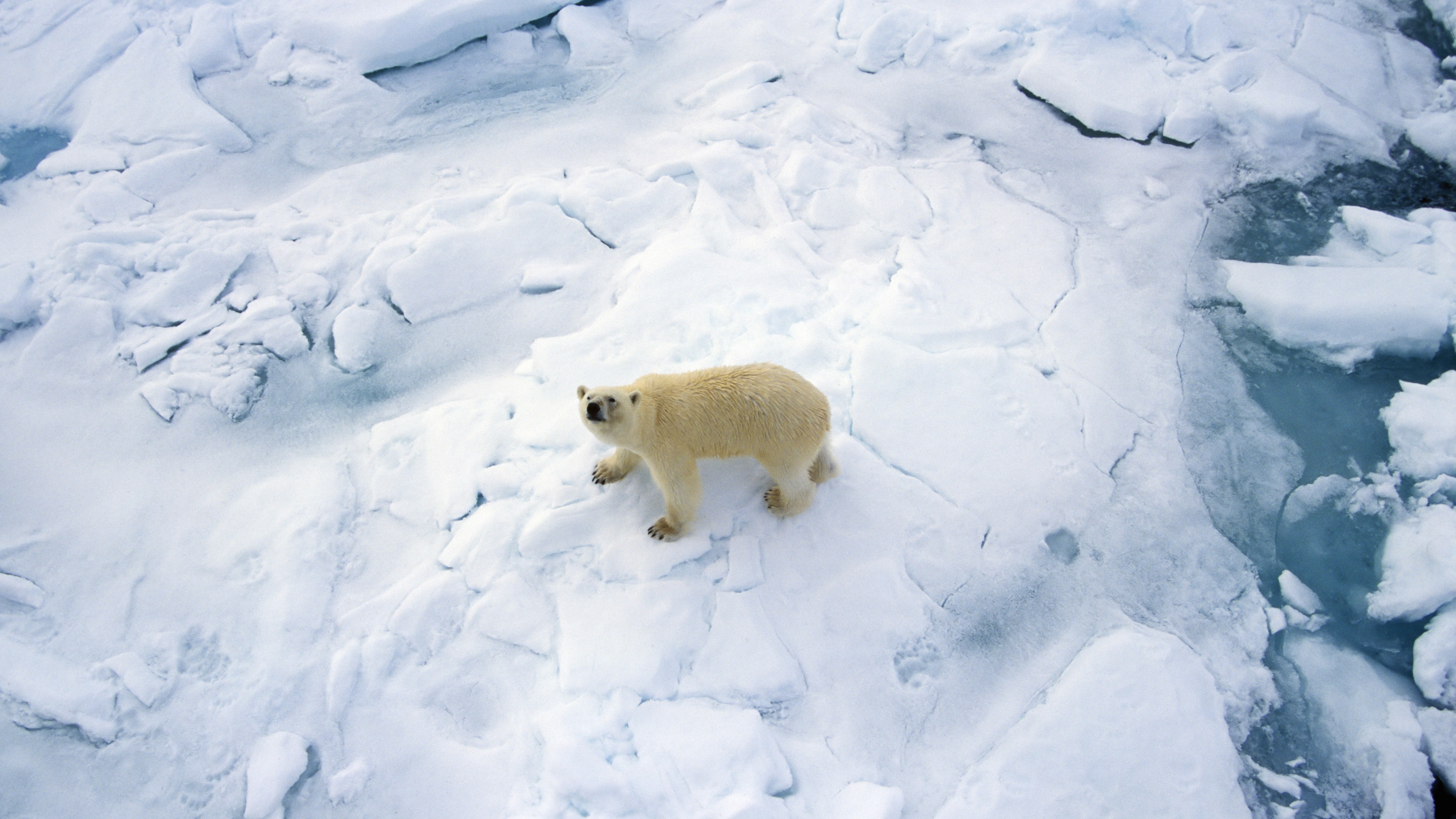
Winter sea ice cover lowest on record
By Patrick Pester published
The Copernicus Climate Change Service has revealed that March 2025 saw the lowest sea ice maximum extent in the 47-year history of the satellite record – the warmest March on record for Europe.
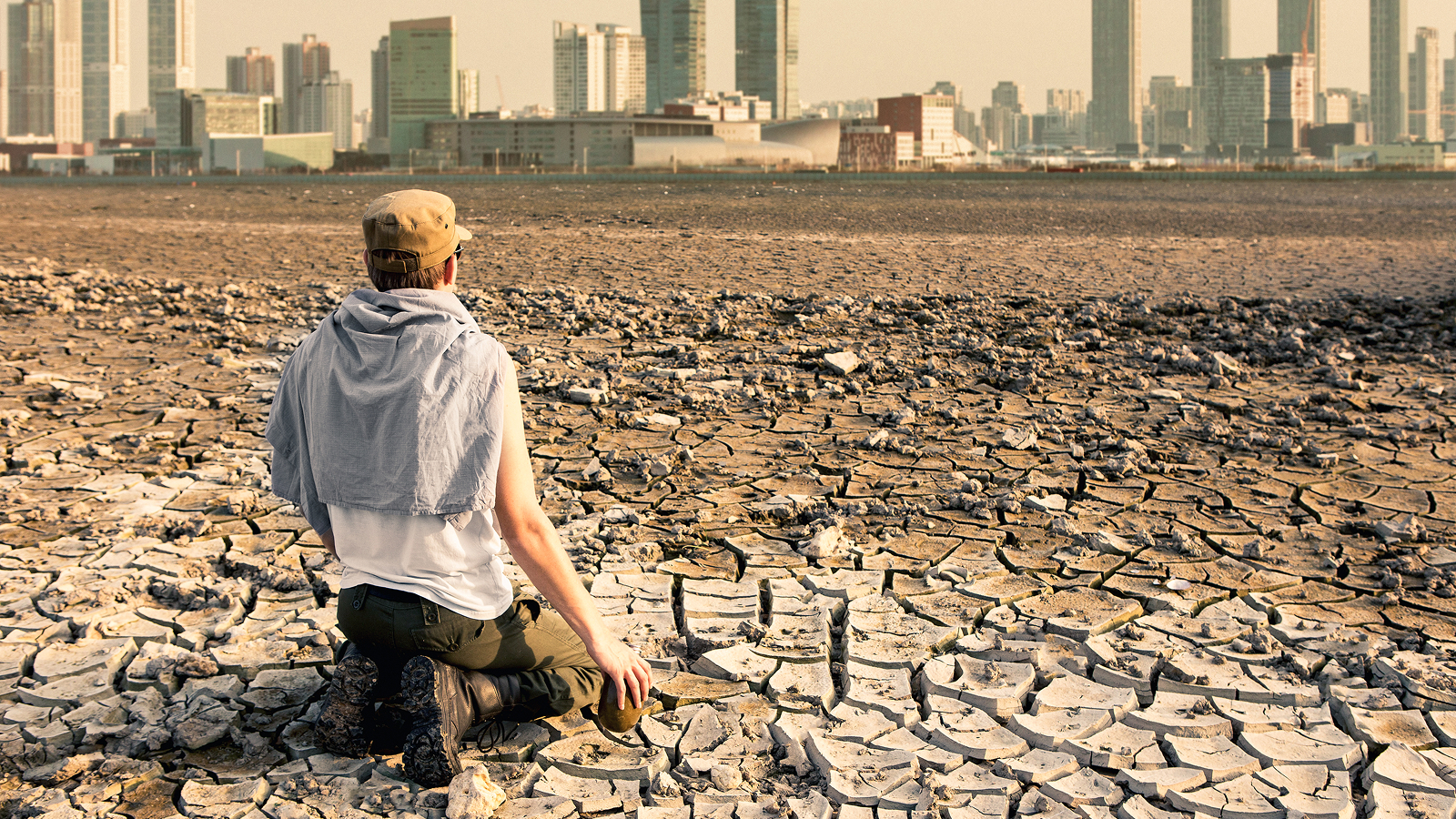
'Heat is the final boss. Heat is a different beast': The planetary peril no one will be able to avoid
By Jakob Thomä published
"What will be new about heat deaths is the extent to which the lived environment will become physically uninhabitable for everyone, old and young, middle-aged, healthy and ill."
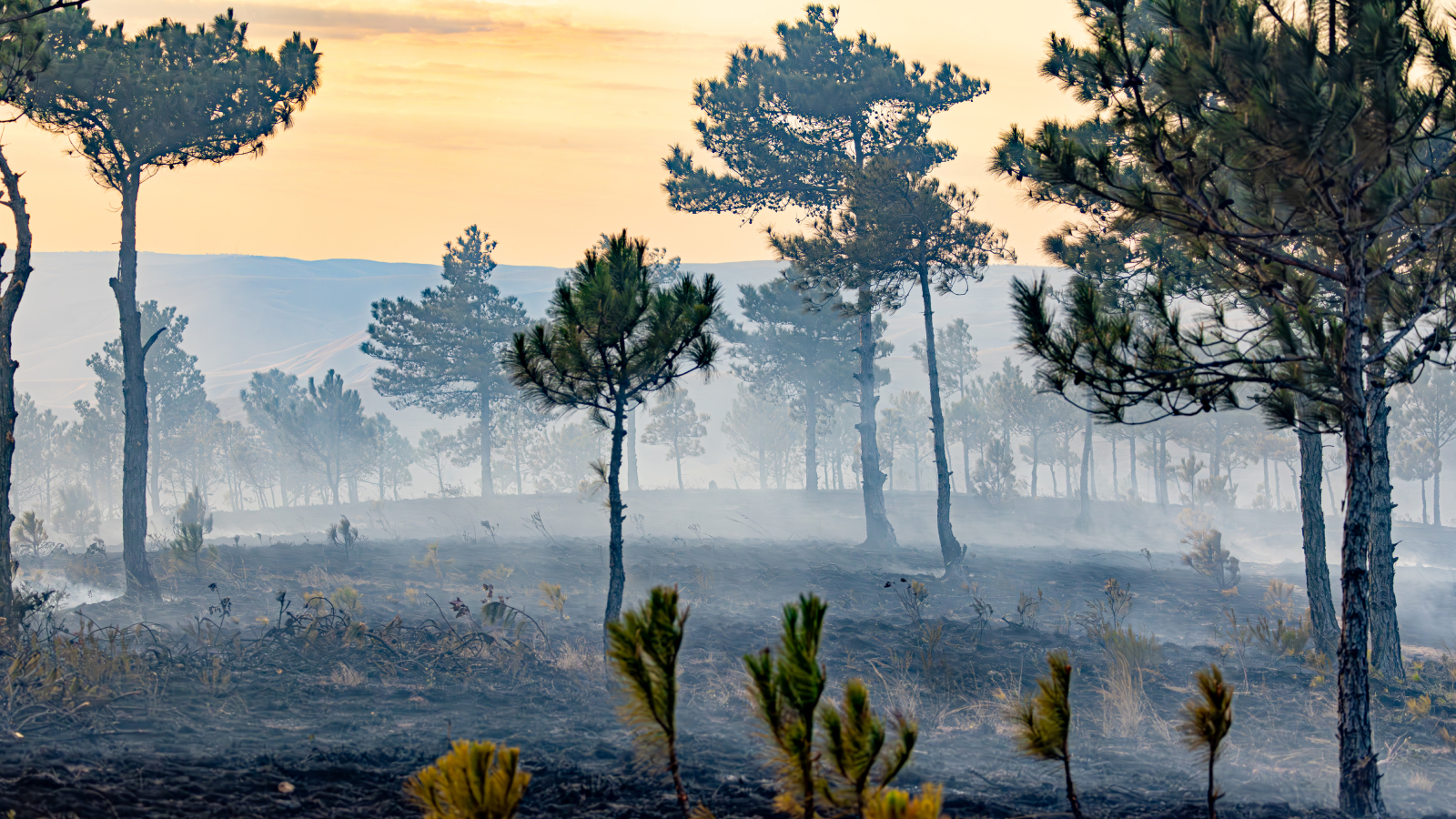
'We don't have a climate crisis — we are the crisis': Environmentalist Paul Hawken on why honoring life is the best thing we can do against climate change
By Sascha Pare published
Environmentalist and author Paul Hawken speaks to Live Science about the worldview that has led to the mindless exploitation of the planet — and how we can shift perspectives for a better future.
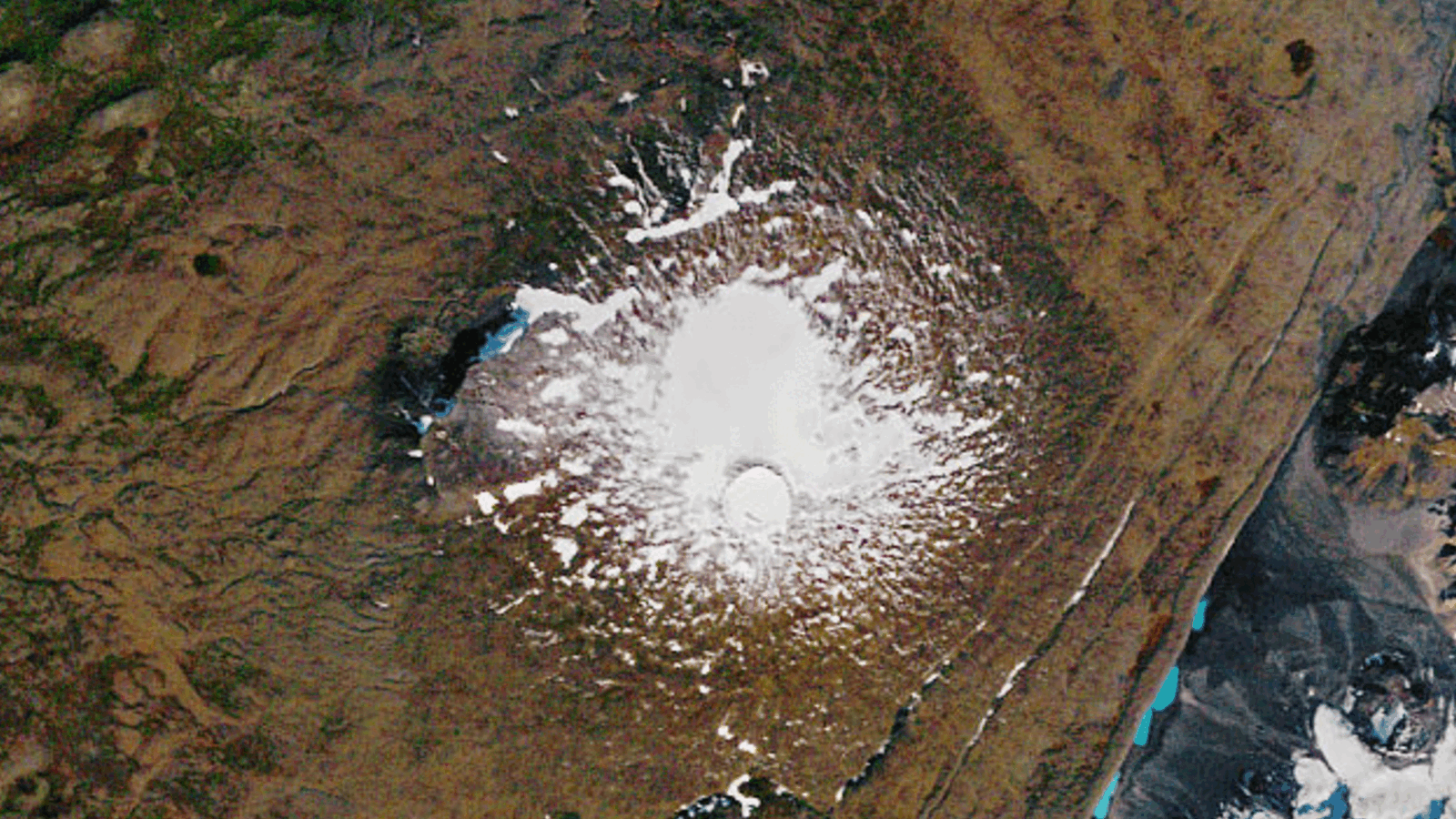
1st glacier declared dead from climate change seen in before and after images
By Harry Baker published
Earth from space Satellite images taken more than three decades apart show the disappearance of Iceland's Okjökull, the first glacier to be officially declared dead as a result of human-caused climate change.

Global sea ice levels hit worrying new low
By Patrick Pester published
Sea ice cover dropped to a record low across February 2025 as global warming continues to breach the 1.5 C Paris Agreement target, according to data from the Copernicus satellite.
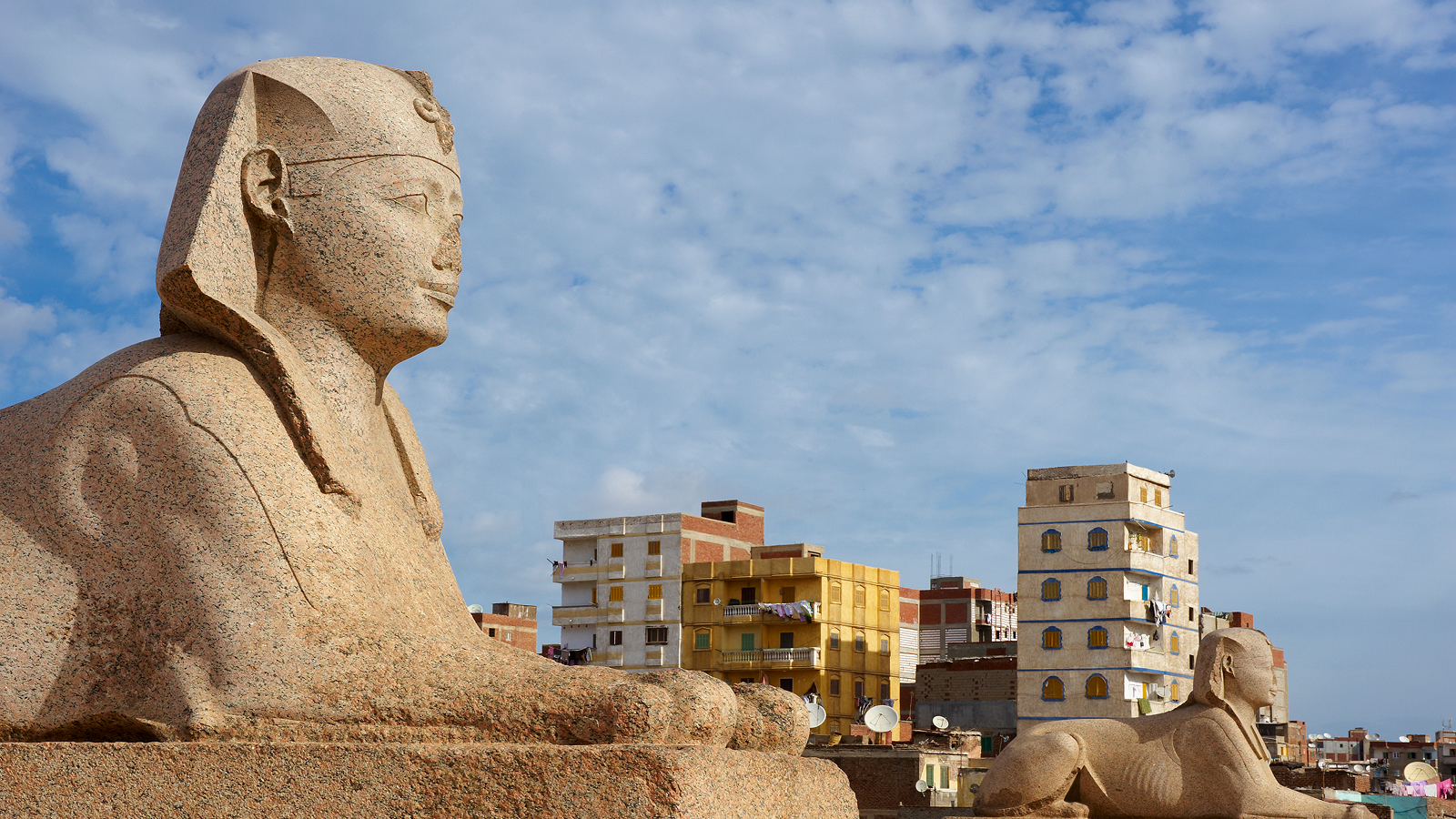
Ancient Egyptian city of Alexandria — the birthplace of Cleopatra — is crumbling into the sea at an unprecedented rate
By Jess Thomson published
Coastal erosion from rising sea levels has led to the collapse of 280 buildings across Alexandria, Egypt, over the past two decades.

Scholars are building an archive of federal climate data. Here's how to find it.
By Eric Nost, Alejandro Paz published
Several groups are working to preserve webpages, tools and data — some of which have already gone missing from government webpages since the start of the Trump administration.
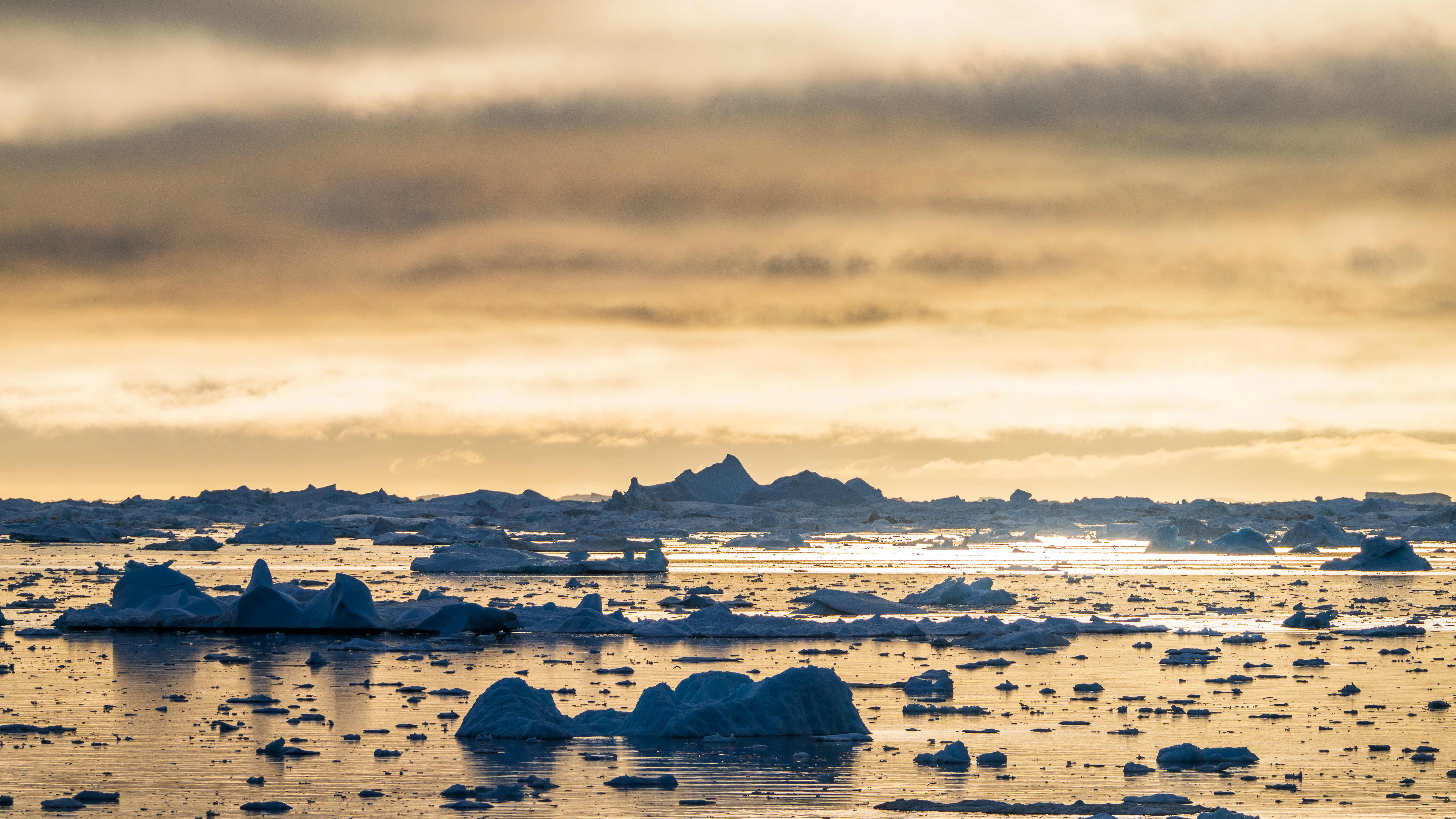
Scientists identify tipping point for Greenland's ice sheet — and it's not far off
By Ben Turner published
Greenland's ice sheet has been losing a staggering amount of ice at an accelerating rate. A tipping point could come by the turn of the next century, a new study warns.
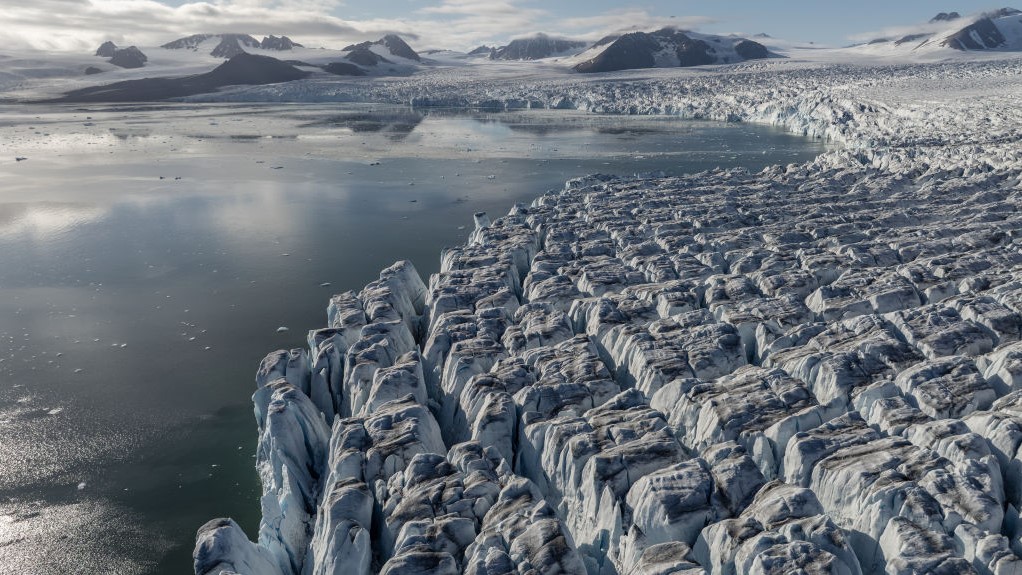
World's glaciers are losing enough ice to fill 3 Olympic pools every second, terrifying new study finds
By Sascha Pare published
A groundbreaking new study provides the first consistent global picture of glacier decline since 2000, revealing that glaciers across the world have lost a whopping 5% of their volume since then.
Get the world’s most fascinating discoveries delivered straight to your inbox.
